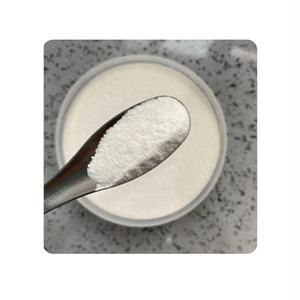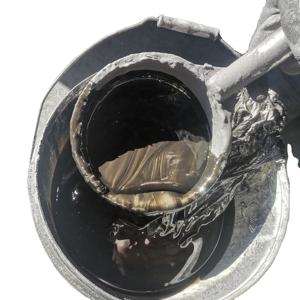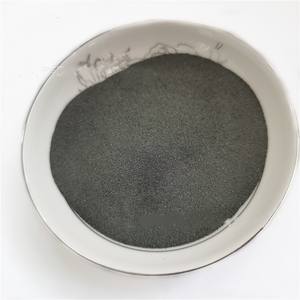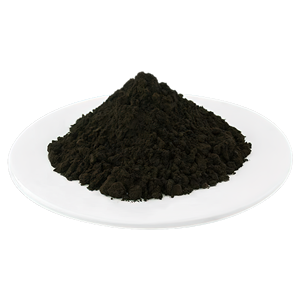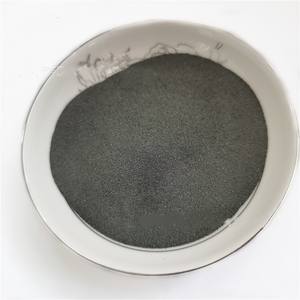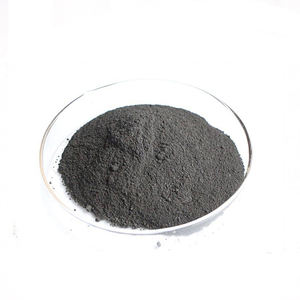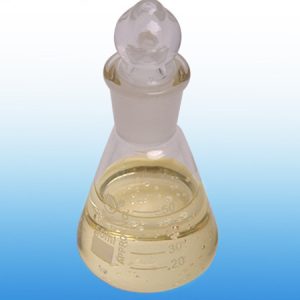One-stop lubrication solution | Discover the way to smoothness | Infomak
(Oil Separator Refrigeration R22 R134a Poe Lubricating Oil Refrigeration Oil)
**Title: Chill Masters: How R22, R134a, and Poe Oils Keep Your Cooling Systems Happy**
(Oil Separator Refrigeration R22 R134a Poe Lubricating Oil Refrigeration Oil)
Ever wonder what keeps your fridge humming or your AC blasting cold air on a scorching day? The answer isn’t magic. It’s a team effort between refrigerants, oil separators, and lubricating oils. Let’s talk about the unsung heroes of cooling systems: R22, R134a, and Poe oils.
First, meet the oil separator. Think of it as a bouncer at a club. Its job is simple but critical. It kicks out unwanted oil from the refrigerant gas, making sure only clean coolant moves through the system. Without it, your fridge or AC would gunk up faster than a neglected car engine. Oil separators work hard to keep things smooth, but they need help from the right refrigerants and oils.
Enter R22 and R134a. These refrigerants are like the fuel that keeps the cooling party going. R22 was once the star of the show. It’s efficient, reliable, and loved by older systems. But there’s a catch. R22 isn’t eco-friendly. It’s been phased out in many places because it harms the ozone layer. That’s where R134a steps in. This newer refrigerant is gentler on the planet. It doesn’t pack the same punch as R22, but it gets the job done without the guilt.
Now, let’s talk about Poe lubricating oil. Oils in cooling systems are like the secret sauce in a recipe. They keep compressors running smoothly, reduce wear and tear, and prevent overheating. Poe oil is a synthetic lubricant designed to play nice with modern refrigerants like R134a. It’s stable, doesn’t break down easily, and sticks around even when temperatures swing. Without it, compressors would grind to a halt faster than a bike without chain grease.
Here’s how it all comes together. The refrigerant absorbs heat from your fridge or AC, turning from liquid to gas. The compressor squeezes that gas, heating it up even more. This is where Poe oil steps in. It coats the compressor’s moving parts, cutting friction and keeping things cool. The oil separator then filters out excess oil, sending it back to the compressor for another round. The cleaned refrigerant moves to the condenser, releases heat, and turns back into liquid. The cycle repeats, keeping your snacks cold and your room frosty.
But not all oils and refrigerants are compatible. Mixing the wrong ones is like putting diesel in a gasoline car. It just won’t work. Older systems using R22 often rely on mineral oils. Newer systems with R134a need Poe oils. Using the wrong oil can lead to sludge, clogs, or even system failure. Always check your manufacturer’s guidelines.
Maintenance matters too. Over time, oil separators can get clogged with debris. Refrigerant levels can drop. Oils can degrade. A well-maintained system runs efficiently, saves energy, and lasts longer. Ignoring it? That’s like skipping oil changes for your car. Eventually, something breaks.
(Oil Separator Refrigeration R22 R134a Poe Lubricating Oil Refrigeration Oil)
The next time you grab a cold drink or enjoy a breeze from your AC, remember the tiny team working behind the scenes. R22, R134a, Poe oils, and the humble oil separator might not get applause, but they’re the reason summer stays bearable and ice cream stays frozen. Keep them happy, and they’ll keep you cool.Inquiry us if you want to want to know more, please feel free to contact us. (nanotrun@yahoo.com) hot tags: lubricant,industrial lubricants,lubricating
(Oil Separator Refrigeration R22 R134a Poe Lubricating Oil Refrigeration Oil)
